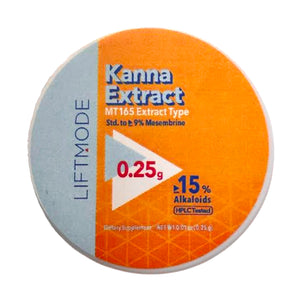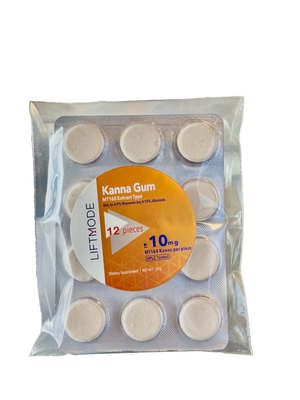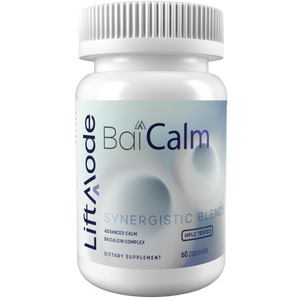What is Taurine? Benefits and Effects
1. Mood booster
A number of studies have indicated that Taurine may be highly beneficial in boosting your mood. Most of these studies have looked into the effects of energy drinks that contain both Taurine and Caffeine. These studies indicate that taurine offers powerful mood-boosting effects, especially when combined with caffeine. Scientists have found that Taurine and caffeine not only improve mood but may also help to boost your cognitive performance.[1] However, there is definitely a need for further investigation into the effects of taurine on mood by itself.2. Helps support a healthy metabolism
Taurine has some powerful effects on your metabolism. Scientists have found that Taurine accumulates in the areas of your body with high rates of metabolism. Taurine is also effective in promoting healthy mitochondria – the ‘powerhouse’ of your cells.[2] One example is a study that showed the large role of Taurine in cholesterol metabolism, especially in your liver. This is why Taurine is found in high concentrations in your liver.[3]3. Powerful antioxidant effects
[caption id=""attachment_1546"" align=""alignright"" width=""298""]4. May help to support healthy eyes
You’ll find Taurine in very high concentrations in all the tissues around and in your eyes. In fact, Taurine is the most abundant amino acid in the eye, where it exceeds the concentration of other amino acids by about tenfold. These facts prompted scientists to begin studying the effects of Taurine in our eyes. The most recent studies have found that high levels of Taurine are crucial for preventing degeneration of cells in your eyes. This is why most researchers now accept that Taurine helps to support healthy eyes.[6]Recommended Dosage
The recommended dosage for Taurine is around 500 – 2000 mg per dose. Taurine is highly water soluble so you can take it dissolved in water or juice. Taurine has a slightly sweet taste. It is not recommended to exceed 3000 mg (3 grams) per day.[7]Side Effects / Warnings
[caption id=""attachment_1750"" align=""alignright"" width=""300""]What is Taurine? Conclusion
In conclusion, Taurine is a powerful dietary supplement and amino acid. You can take Taurine to help boost your mood and to maintain your cognitive performance. Taurine also helps to support a healthy metabolism, is a powerful antioxidant, and may help to support healthy eyes. Taurine is similar to amino acids and is very safe as a dietary supplement. The recommended dosage is around 500 – 2000 mg per dose, and it is not recommended to exceed 3 grams per day. Taurine is highly soluble in water and has a slightly sweet taste.Medical Disclaimer
Not intended to treat, diagnose, or cure any disease or ailment. Please read and fully understand potential adverse effects before using this product. These statements have not been reviewed by the FDA and are not written by a medical professional. Please consult your doctor before using any supplements, especially if you have any medical conditions.
Tristan
B.Sc. in Molecular Biology and Biochemistry Researched & written by Tristan and verified by the Liftmode.com Research Team




